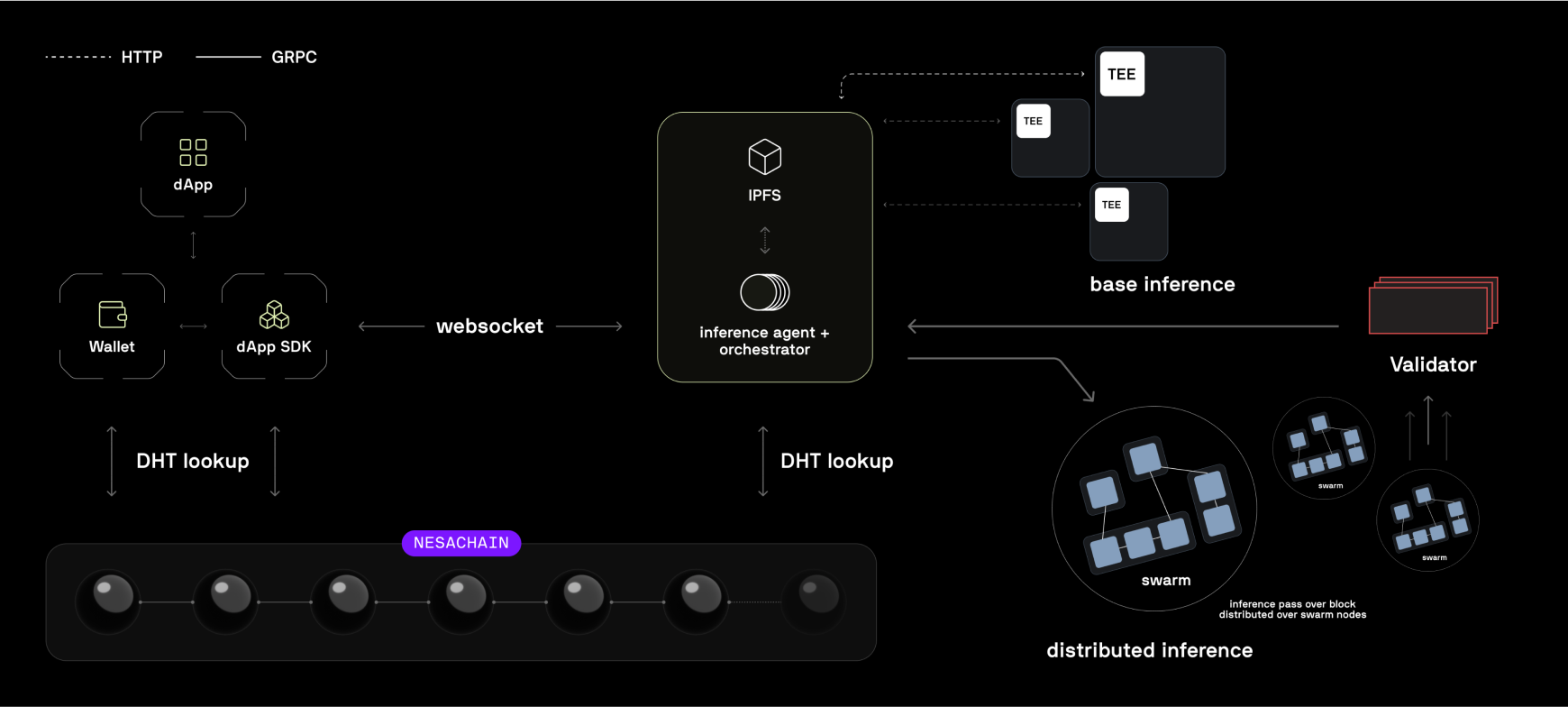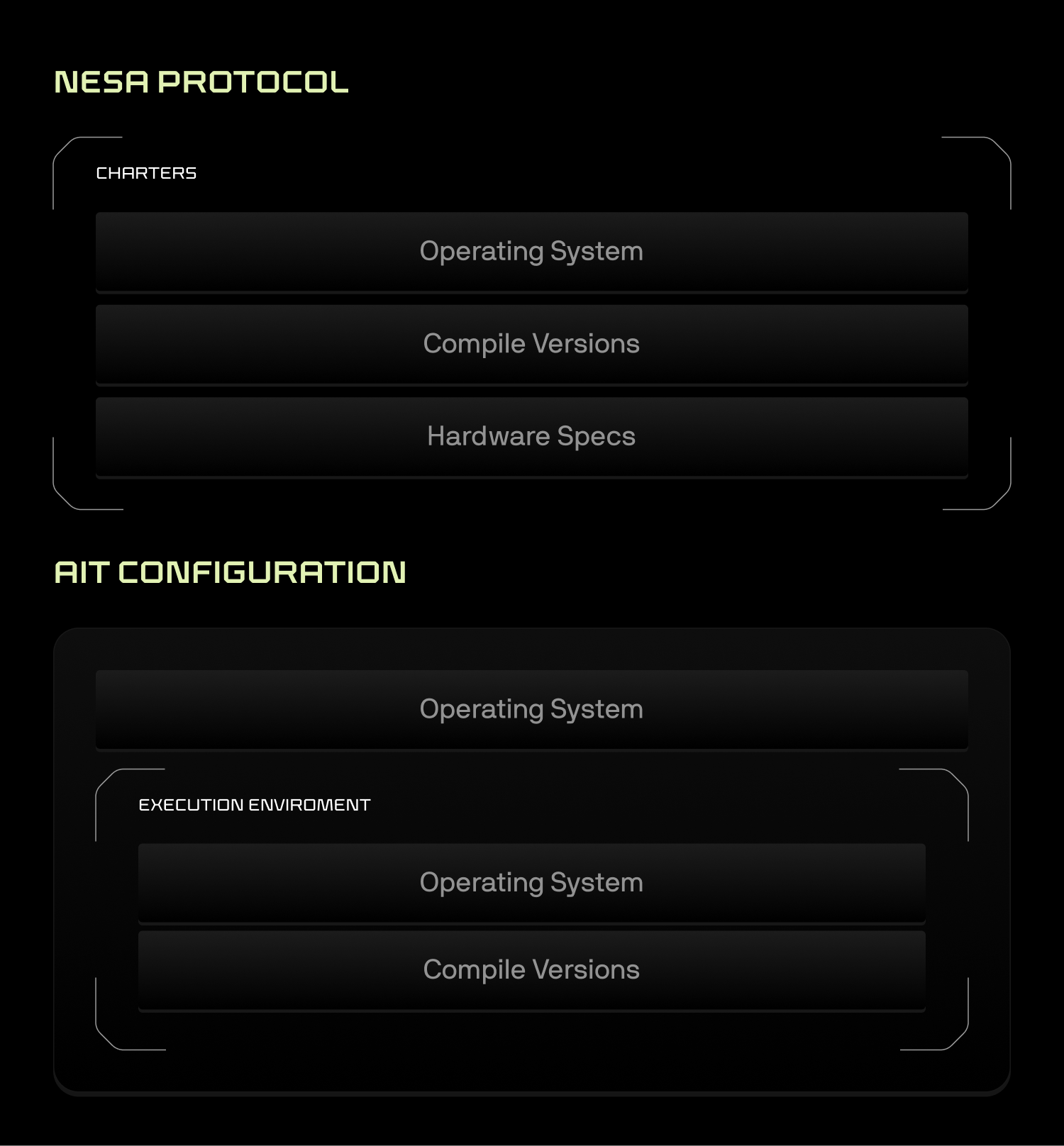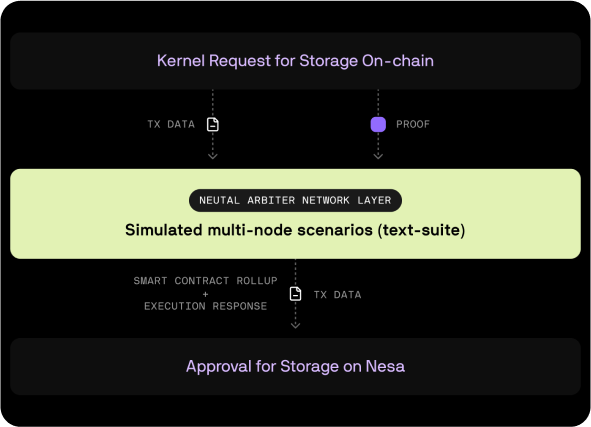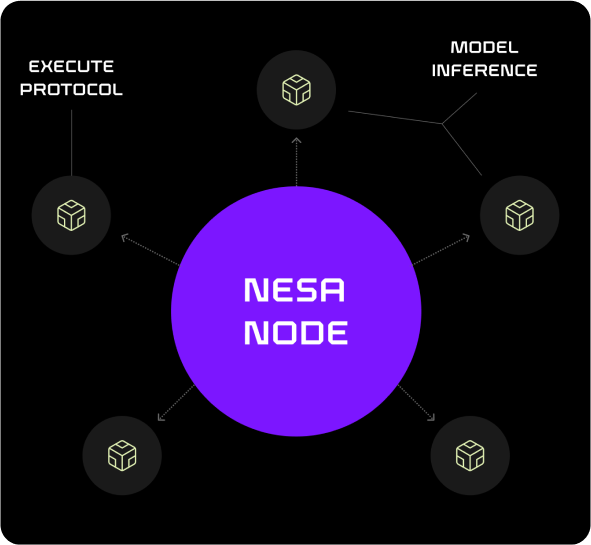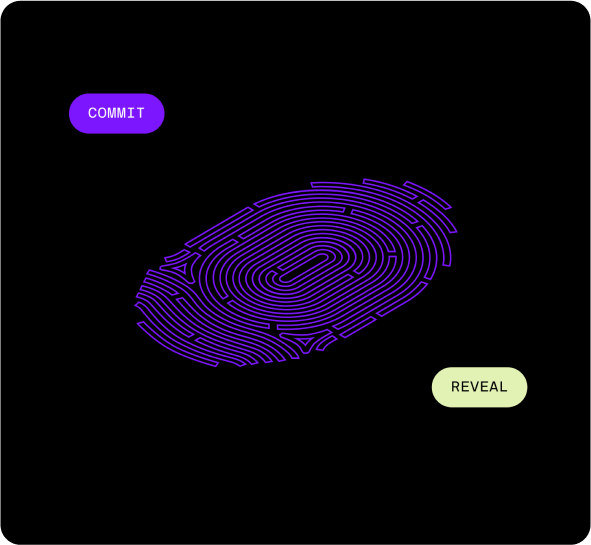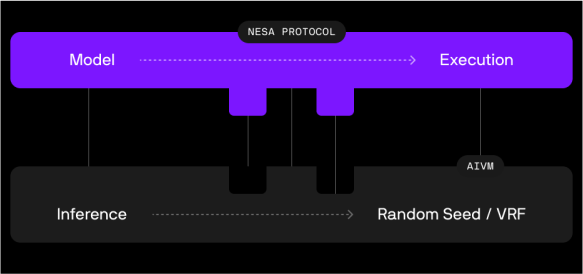trusted execution
Special nodes in the network enhanced with attestation TEEs for secret share distribution.

leading privacy
SMPC for privacy-preserving computation, with ZKP schemes for verifiability.
Environment Standardization
A standardized and secure execution environment for running AI inference on containerized models.

2 Phase transactions
Inference Request Queueing for high throughput and low latency execution.

Robust Inference Committee Selection
A fair and secure methodology for inference committee selection using VRF and an organizational structure of duties.

Custom aggregation
Flexibility in how inference results are aggregated for final output.

